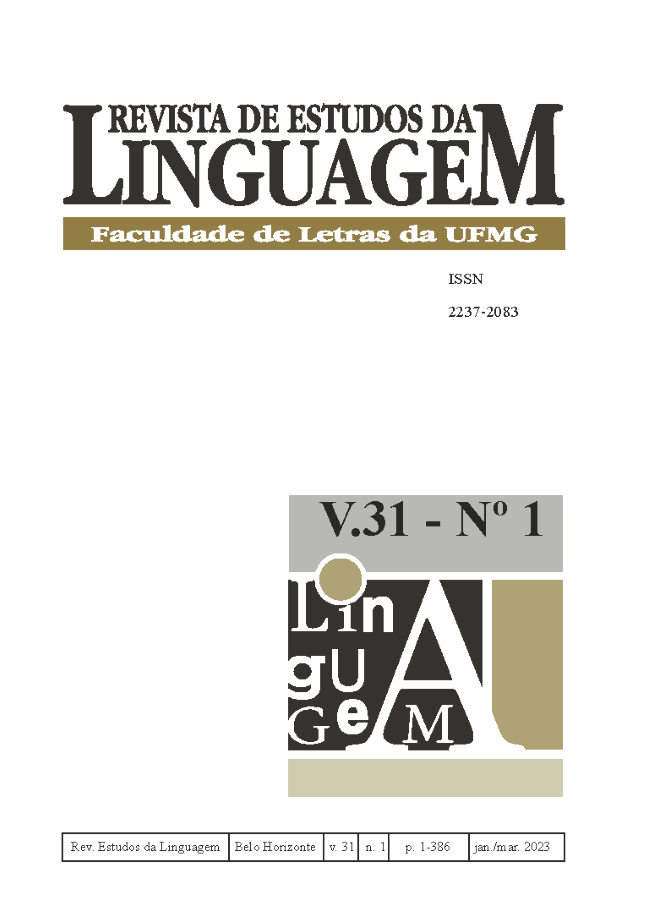A necrobiopolítica da COVID-19 no Brasil
escolhas de transitividade em representações midiáticas globais
DOI:
https://doi.org/10.17851/2237-2083.31.1.146-175Palavras-chave:
mídia global, COVID-19, Brasil, transitividade, necrobiopolíticaResumo
A mídia global tem noticiado amplamente as (in)ações do governo federal brasileiro, em particular do presidente Jair Bolsonaro, no enfrentamento da pandemia de COVID-19. Este artigo objetiva descrever representações midiáticas em termos de suas escolhas de transitividade (HALLIDAY; MATTHIESSEN, 2004) e discutir como os padrões de linguagem emergentes podem ser indicativos de maneiras particulares de como a vida e a morte foram controladas em termos de uma conceituação combinada entre biopolítica (FOUCAULT, 2008) e necropolítica (MBEMBE, 2019) que chamamos de necrobiopolítica. Os resultados gerais indicam como a morte de bebês e de mães, o colapso da rede de hospitais e do serviço de saúde, o aumento da fome, a negação da gravidade da pandemia e o atraso proposital na compra de vacinas são fundamentais na forma como o presidente Jair Bolsonaro implementou uma agenda política que define quais vidas têm valor e quais mortes são toleradas.





